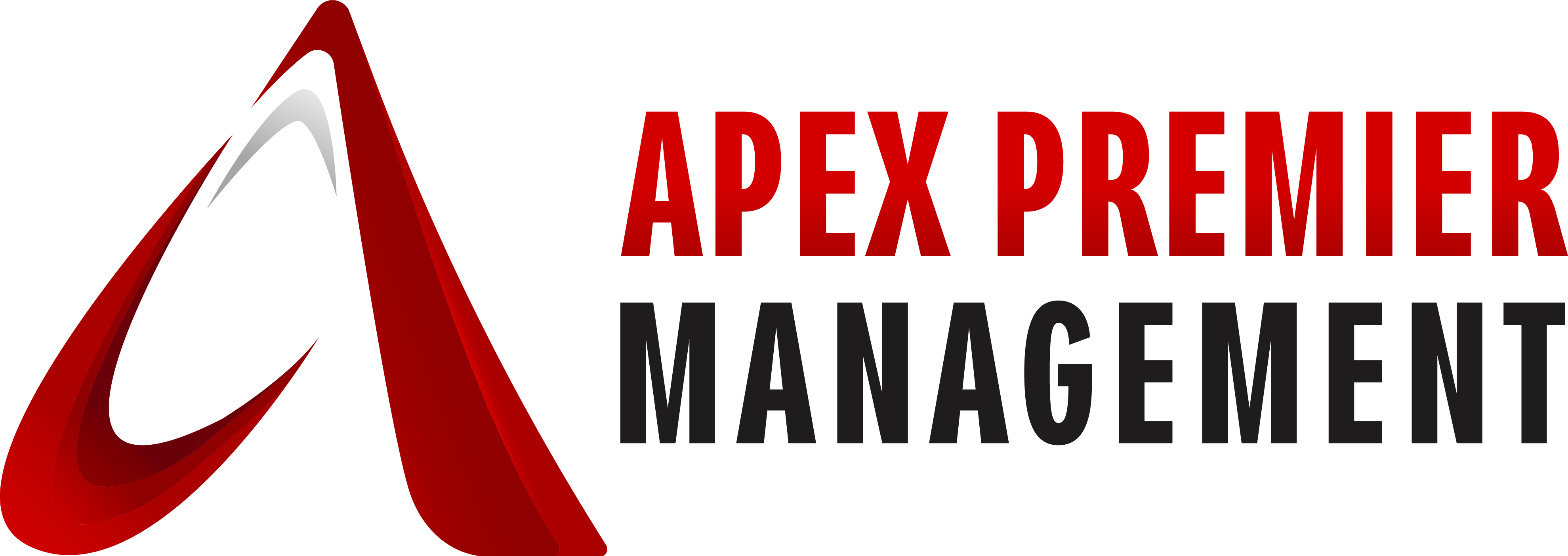Starting a career in marketing is an exciting journey. It’s your chance to connect with people, create impactful campaigns, and build a foundation for a rewarding future. Whether you’re drawn to event coordination, customer engagement, or working behind the scenes to shape strategies, entry-level marketing positions are the perfect way to get your foot in the door.
But where do you start? What exactly are these roles, and what do employers look for in candidates? Don’t worry—this guide has you covered. We’ll break down what are entry-level marketing jobs, highlight the sales and marketing job requirements you need to meet, and share practical tips to help you land your first role. From crafting a strong resume to acing interviews and building essential skills, you’ll get everything you need to take that first big step with confidence.
What Are Entry-Level Marketing Jobs?
Entry level marketing jobs are roles designed for individuals who are just starting their journey in the marketing industry. These positions offer an opportunity to gain practical experience, develop foundational skills, and understand the inner workings of marketing campaigns and customer engagement strategies.
Here’s a breakdown of what these roles typically involve and the most common positions:
Common Entry-Level Marketing Roles
1. Marketing Assistant
- Responsibilities: Supporting the marketing team in campaign coordination, conducting market research, organizing promotional events, and managing communication schedules.
- Ideal for: Detail-oriented individuals with strong organizational skills.
2. Field Sales Coordinator
- Responsibilities: Coordinating in-person marketing efforts, managing events, engaging directly with customers, and bridging communication between sales and marketing teams.
- Ideal for: Outgoing individuals with excellent interpersonal and problem-solving skills.
3. Brand Ambassador
- Responsibilities: Representing the company at events, demonstrating products, and building direct relationships with potential customers.
- Ideal for: Energetic individuals who enjoy customer interaction and embody brand values.
4. Customer Acquisition Specialist
- Responsibilities: Identifying potential leads, engaging with prospects, and converting them into loyal customers through direct interaction and relationship-building.
- Ideal for: Persuasive individuals with a knack for connecting with people.
Key Characteristics of Entry-Level Marketing Jobs
- Hands-On Learning: These positions allow you to learn by doing, gaining insights into campaign planning, customer engagement, and team collaboration.
- Support Roles: Entry-level roles are focused on supporting senior marketers, giving you a chance to observe and learn from experienced professionals.
- Diverse Opportunities: From working on event marketing to building customer relationships, there’s no shortage of variety in tasks and responsibilities.
By understanding what entry-level marketing jobs are, you can identify roles that align with your interests and take the first step toward a fulfilling marketing career.
Sales and Marketing Job Requirements: What Employers Look For
When it comes to landing an entry-level position in sales and marketing, understanding employer expectations is crucial. These roles are often fast-paced and require a unique combination of skills, traits, and qualifications to succeed. Here’s a closer look at the sales and marketing job requirements employers prioritize when hiring candidates.
1. Education
- Preferred Backgrounds: A degree in marketing, business administration, communication, or a related field is often preferred. However, many employers prioritize skills and hands-on experience over formal education for direct marketing roles.
- Relevant Coursework: Classes in consumer behavior, sales techniques, or market analysis can strengthen your understanding of key concepts.
2. Key Skills
Employers look for a mix of hard and soft skills that enable candidates to succeed in customer-facing and campaign-support roles. Some of the most sought-after skills include:
- Interpersonal Communication: The ability to engage effectively with customers, build trust, and foster lasting relationships.
- Problem-Solving: Quick thinking to address customer concerns or adapt to changes during campaigns.
- Time Management: Balancing multiple tasks, such as coordinating campaigns and handling customer inquiries, efficiently.
- Team Collaboration: Working seamlessly with other team members to achieve shared goals, especially in field or event marketing roles.
- Persuasion and Negotiation: Convincing potential customers to take action, such as signing up for a service or purchasing a product.
3. Traits Employers Value
The following personal characteristics are just as important as technical skills:
- Self-Motivation: A drive to achieve goals without constant supervision.
- Adaptability: Comfort with fast-paced environments and changing campaign strategies.
- Resilience: The ability to handle rejection and maintain enthusiasm in customer-facing roles.
- Positive Attitude: Energy and optimism can significantly impact team morale and customer interactions.
4. Experience
While most entry-level marketing positions don’t require extensive experience, employers appreciate candidates with:
- Internships: Practical exposure to sales or marketing environments demonstrates initiative and readiness for the role.
- Customer-Facing Roles: Part-time or volunteer experience in roles such as retail, hospitality, or event support.
- Personal Projects: Taking the initiative to manage campaigns or projects, even on a small scale, can showcase your skills and commitment.
5. Technical Proficiency
Even in direct marketing roles, familiarity with basic tools and technology can give you an edge:
- CRM Tools: Knowing how to track leads and manage customer relationships using platforms like Salesforce or HubSpot.
- Microsoft Office Suite: Proficiency in creating reports, presentations, and managing data.
- Event Management Tools: Experience with software that assists in organizing events or campaigns.
6. Cultural Fit
Employers want candidates who align with their company’s values and work culture. Demonstrating enthusiasm for their mission and understanding the role you’ll play in achieving team goals can make a strong impression.
By aligning your resume, skills, and interview responses with these sales and marketing job requirements, you’ll position yourself as a standout candidate ready to excel in the competitive marketing industry.
Building a Winning Resume for Marketing Jobs
Your resume is often the first opportunity to showcase your potential to employers in the competitive world of marketing. A well-crafted resume tailored to entry-level marketing positions can make all the difference in landing an interview. Here’s a step-by-step guide to creating a compelling resume highlighting your skills, experience, and enthusiasm for the role.
1. Start With a Strong Summary
The summary section at the top of your resume is your elevator pitch. Use it to briefly introduce yourself and highlight what you bring to the table.
2. Emphasize Relevant Experience
For entry-level roles, hiring managers understand that your professional experience may be limited. Highlight internships, part-time roles, volunteer work, or school projects that demonstrate relevant skills.
3. Showcase Transferable Skills
If you lack formal marketing experience, highlight transferable skills from other roles. Skills like communication, problem-solving, and teamwork are highly valued in marketing.
4. Highlight Education and Certifications
Your educational background and certifications can demonstrate your foundation in marketing concepts and tools.
5. Incorporate Key Skills
Employers scan resumes for skills that match the job description. Tailor this section to include both technical and soft skills relevant to the role.
6. Tailor Your Resume for Each Job
Generic resumes won’t stand out. Adjust your resume for each application by aligning your skills and experience with the job description. Use keywords from the job listing to demonstrate that you’re a good fit.
7. Keep the Design Simple and Professional
While creativity is appreciated in marketing, your resume should prioritize readability and professionalism.
8. Proofread Thoroughly
A single typo or error can make you seem careless. Review your resume carefully, and ask a mentor or friend to give it a second look.
With a well-structured resume that highlights your strengths and aligns with the employer’s needs, you’ll be well on your way to landing your first marketing role and kickstarting your career.
Acing the Interview for Marketing Roles
Landing an interview for a marketing role is a significant step toward building your career. It’s your chance to showcase your skills, personality, and passion for the industry while proving that you’re the best fit for the job. To stand out in a competitive field, preparation is key. Here’s how to confidently navigate your marketing interview and leave a lasting impression.
1. Research the Company Thoroughly
Understanding the company you’re interviewing with is critical. Marketing is about aligning strategies with brand identity, so knowing the organization’s goals and values will demonstrate your interest and preparedness.
2. Highlight Your Relevant Skills
Marketing requires a mix of technical and soft skills. Be ready to discuss how your abilities match the role’s requirements.
3. Prepare for Common Marketing Interview Questions
Being ready for commonly asked questions can help you respond confidently and clearly. Use specific examples to back up your answers.
4. Showcase Your Personality and Enthusiasm
Marketing roles often require collaboration and energy, so employers look for candidates who are personable and enthusiastic.
5. Ask Thoughtful Questions
Asking questions at the end of the interview shows you’re genuinely interested in the role and company. It’s also a great opportunity to learn more about what’s expected of you.
6. Dress Professionally and Arrive Prepared
First impressions matter in marketing just as much as they do in interviews. Present yourself as polished and professional to reflect your attention to detail.
7. Follow Up With a Thank-You Email
After the interview, send a thank-you email to express your appreciation for the opportunity and reinforce your interest in the position.
Acing a marketing interview is about more than just listing your skills and experience—it’s about showing your passion for the industry, your understanding of the company’s goals, and your potential to contribute to their success. With thorough preparation, thoughtful answers, and a positive attitude, you’ll set yourself apart and take one step closer to landing your dream marketing role.
Grow, Succeed, and Lead With Apex Premier Management
At Apex Premier Management, we’re committed to helping you unlock your full potential in the marketing industry. Through hands-on training, expert mentorship, and real-world experience, we provide the tools you need to grow your skills and succeed in dynamic, entry-level roles. Our goal is to empower you to build confidence, achieve results, and take meaningful steps toward your long-term career goals.
When you join Apex Premier Management, you’re not just starting a job—you’re starting a journey. With opportunities to lead impactful campaigns and collaborate with experienced professionals, we’ll support your growth every step of the way. Apply today and take the first step toward a rewarding and successful marketing career!

